I grew up being called marimacha before I hit puberty because I was a tomboy at heart. I loved wearing pants, sneakers, t-shirts and hated dresses and dress shoes. I felt comfortable skateboarding, playing soccer, and climbing trees. I could hear the whispers of my family members calling me marimacha and hinting at what my life was to be if I didn’t change. See, there are certain social norms that Hispanic and Latine women might oblige by, such as getting married to a man and having children with him. By these Hispanic and Latine norms, liking what boys liked categorized you as a possible marimacha, meaning lesbian. Thirty years ago, coming out in Latine households was not acceptable, so family members were not okay with me acting like a boy even though I am straight. Fortunately, we have progressed greatly since the late eighties and early nineties—yet coming out, especially to Hispanic and Latine families, is still a struggle.
The short film “Marimacha” by Darrel Alejandro Holnes was one of the short-form comedy pieces showcased as part of the Latinx Theatre Commons (LTC) 2022 Comedy Carnaval in Denver, Colorado. As more than one hundred Latine artists gathered at Su Teatro’s theatre to see the last selection of pieces from the Carnaval—after two days of non-stop readings, monologues, performances, and stand-up comedy—“Marimacha” opened the morning slot. Directed by Cami Cruz Thomas, “Marimacha” combined situational and observational comedy. It drew from family relationships as well the characters’ everyday lives and Latine societal norms. But what makes this story unique is how it represents Latine Blackness and queerness: a rare intersectional focus in Latine theatre, and even rarer in theatre more broadly. Through laughter and recognition of Blackness and queerness in the film, audiences see how these two identities intersect under the umbrella of Latinidad.
I giggled every time Linda spoke because she represents the typical Latine mom.
“Marimacha” opens on a mechanic (Bryan Edison) fixing a car. Inside the car, an Afro-Panamanian family of three is on their way to a wedding. Of course, the first words out of Linda’s (Florinda Bryant) mouth were asking why her daughter, Paola (Hannah De Oliveira), isn’t bringing a male date and wondering who at the wedding she could hook her up with. Solution—a third cousin!
Bryant and Jose Febus' performances as Paola’s parents are key to comedy of the film, especially in the beginning. It is in the delivery of their lines and the looks on their faces while they share everyday Latine societal conventions like not wanting to talk about women’s bodies but talking about them anyway. If you grew up in a Latine household, you absolutely recognized Linda’s constant nagging. I giggled every time Linda spoke because she represents the typical Latine mom, always trying to hook her daughter up with a man, hoping she will get married soon and have kids.
But Linda is in for a surprise, as Paola has different plans. As the discussion goes back and forth, Linda and Alfredo ask Paola to find a picture of such-and-such on Facebook, and a sexually explicit picture from Paola’s ex-girlfriend pops up on her phone. This outs her to her parents. The audience then sees how each of these parents takes the news, whether they accept it or not.

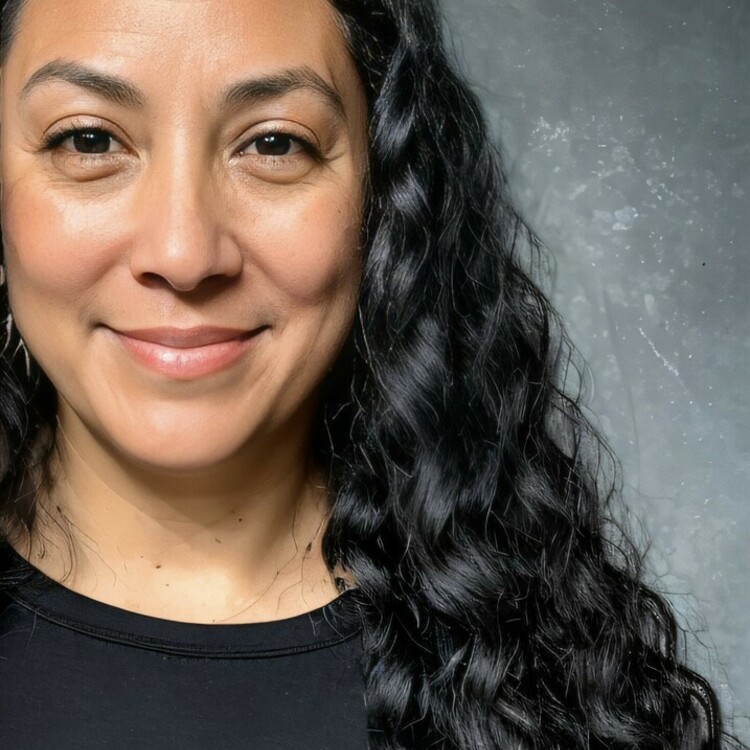
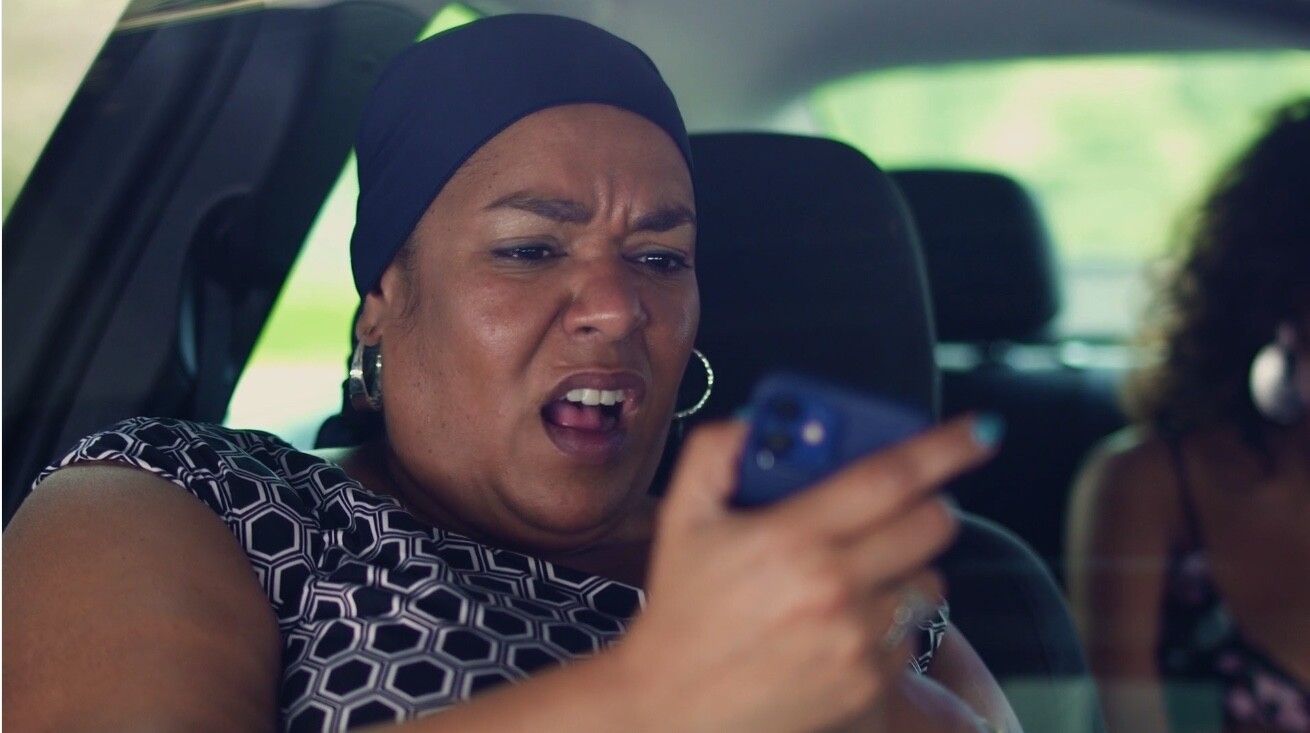
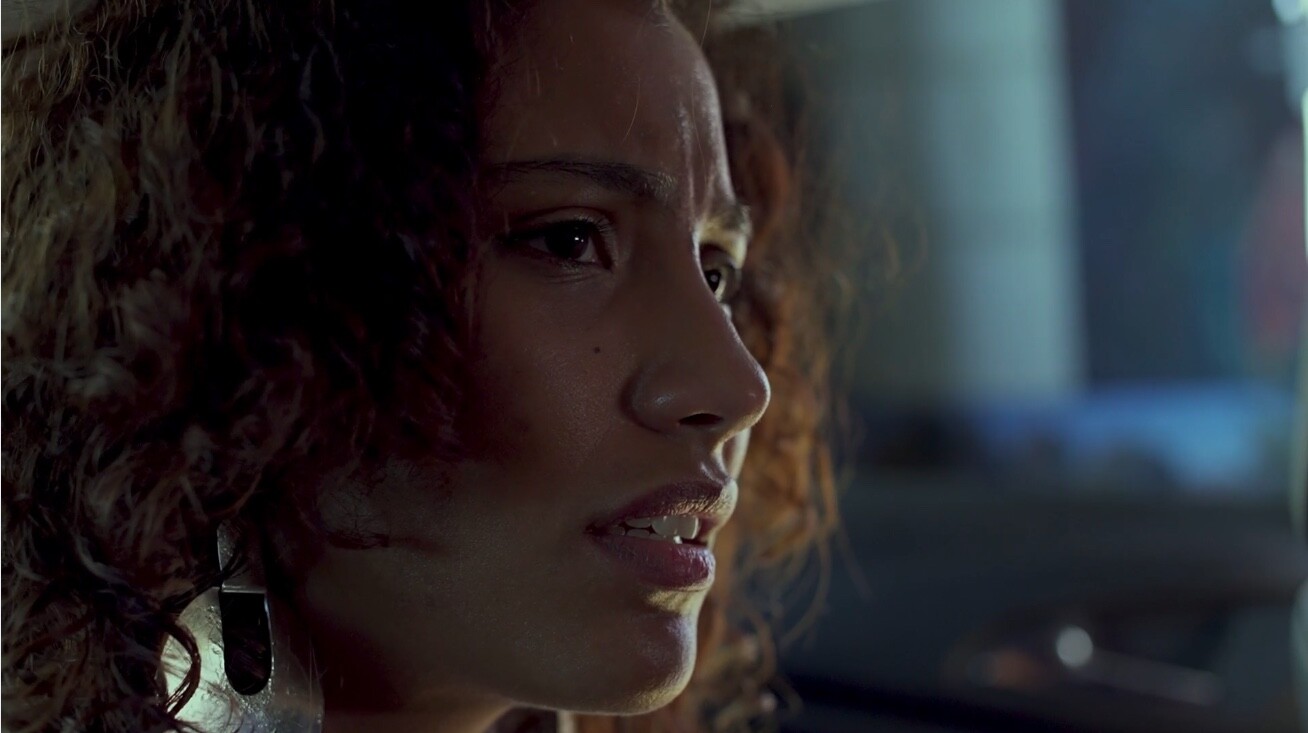
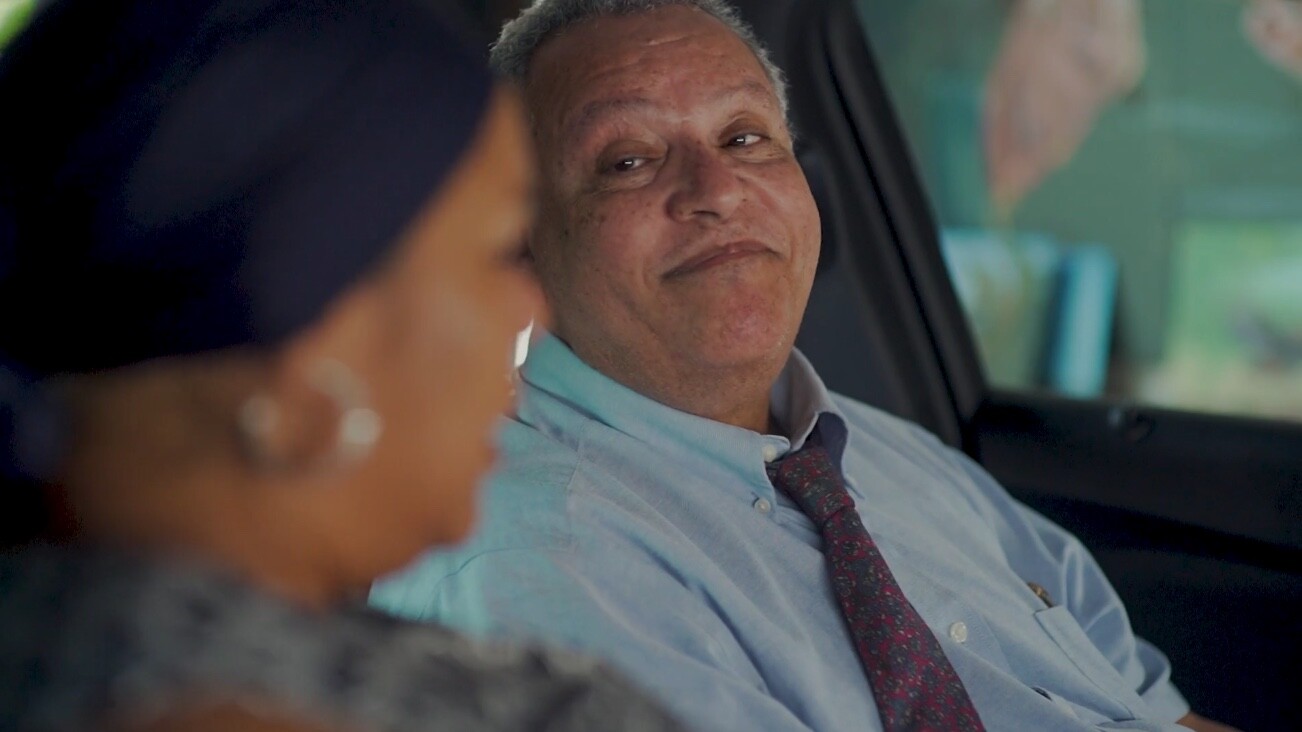
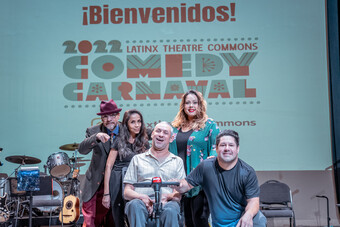

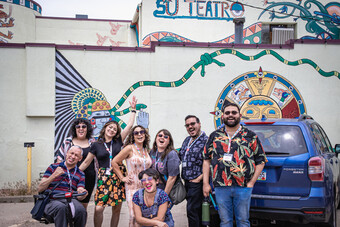

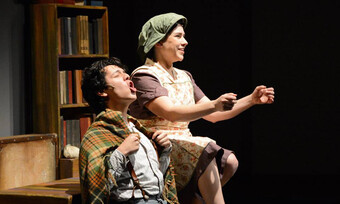

Comments
The article is just the start of the conversation—we want to know what you think about this subject, too! HowlRound is a space for knowledge-sharing, and we welcome spirited, thoughtful, and on-topic dialogue. Find our full comments policy here